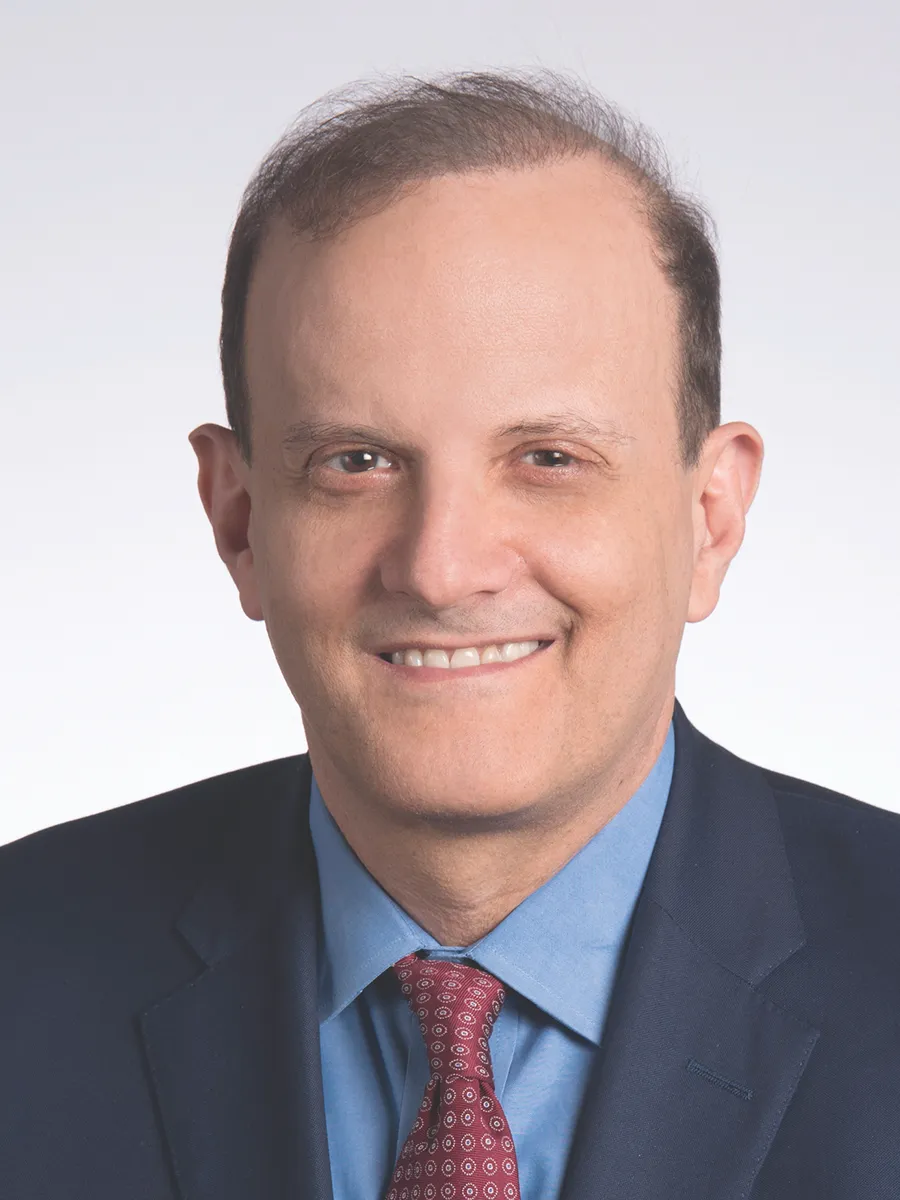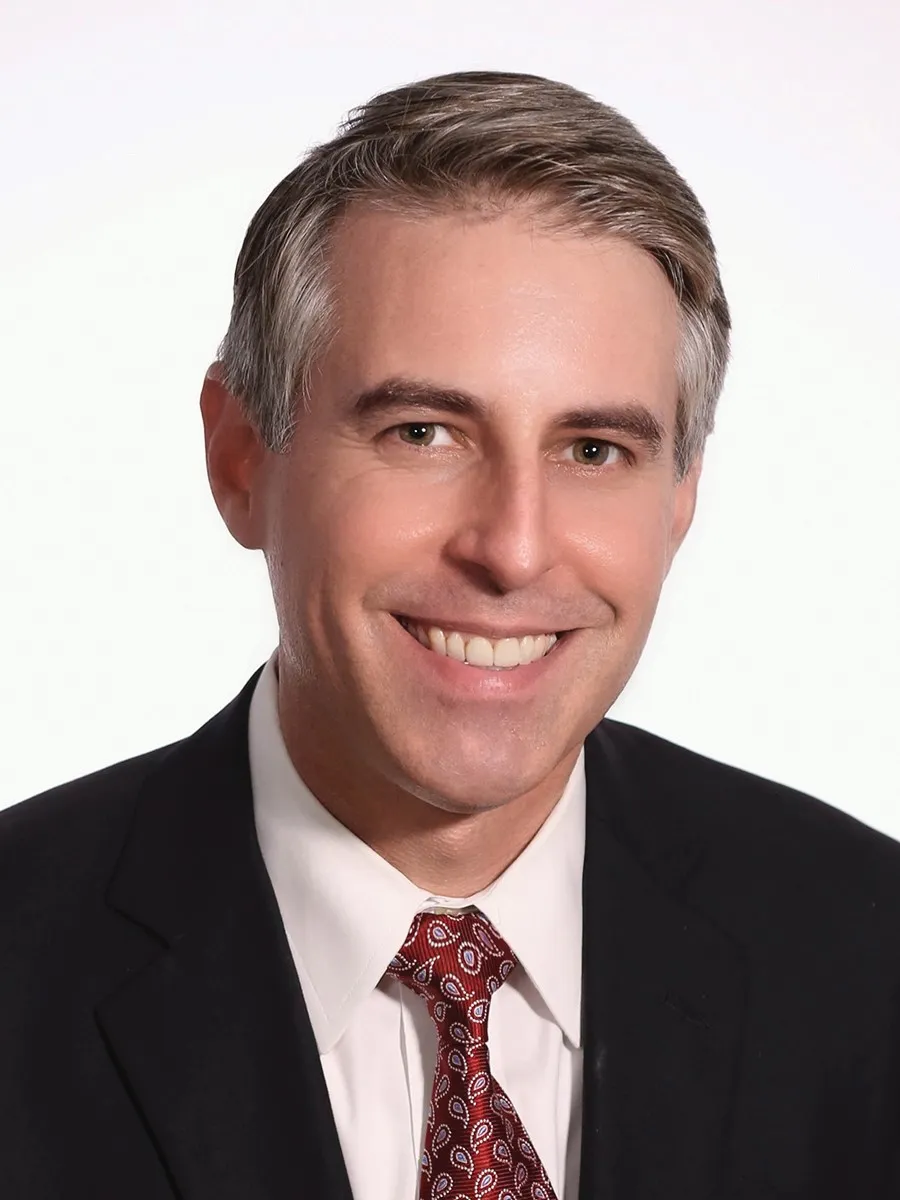Jonathan A. Segal is partner and managing principal and Adam D. Brown is special counsel at Duane Morris. Views are the authors’ own.
This past June, the Supreme Court of the United States issued its unanimous decision in Groff v. DeJoy, significantly limiting the ability of an employer to argue that a requested religious accommodation would cause it an undue hardship.
In short, the Supreme Court held that the correct standard for an employer to establish an undue hardship is not “more than a de minimis cost,” but rather whether the burden of the requested accommodation “is substantial in the overall context of an employer’s business.”
The 5th Circuit is the first federal circuit court to apply Groff, and its analysis is instructive to employers.
In Hebrew v. Texas Department of Criminal Justice, plaintiff Elimelech Shmi Hebrew, who observed the Hebrew Nation Religion, had requested that the Texas Department of Criminal Justice accommodate his religious beliefs by exempting him from the TDCJ’s prohibition on beards and long hair.

For the reasons discussed below, the employer denied the plaintiff’s accommodation request, applying the now-erstwhile “more than a de minimis cost” standard. While the case was on appeal, the Supreme Court clarified the undue hardship standard as previously noted. The 5th Circuit evaluated the appeal applying the Groff standard.
The 5th Circuit thoroughly examined and rejected all three of the arguments TDCJ put forward for why allowing Hebrew to keep his long hair and beard would place a substantial strain on its business:
- First, TDCJ said Hebrew could hide contraband in his hair or beard. The court rejected this argument because, it reasoned, TDCJ already performed hair and beard searches of all officers, and spending a few extra minutes on a contraband search for one officer would not be particularly burdensome, particularly in the context of TDCJ’s relatively large overall operating budget.
- Second, TDCJ took the position that a beard could make it harder for Hebrew to wear a gas mask when necessary for him to use chemical agents in a prison. The court rejected this argument, too, because it was inconsistent with TDCJ’s separate policy allowing beards for employees with medical conditions; there was no evidence that wearing a gas mask would be any harder for Hebrew than for those with beards TDCJ allowed because of medical conditions.
- Third, TDCJ argued that inmates could use Hebrew’s hair to overpower him in an attack. The court found that the existence of a policy allowing women to have long hair, but not men, undermined this argument; if TDCJ could make a purely secular exception to its policy regarding long hair, then it would not be burdensome to make the same exception for Hebrew.
The Court’s analysis makes clear that comparators are relevant to the reasonable accommodation/undue hardship analysis by employers. If an employer allows for secular or medical reasons what an employee requests for religious reasons, think hard before you say “no.”

How an employer has handled the same or similar religious accommodation requests also is germane to the reasonable accommodation/undue hardship analysis. However, employers need to be careful not to have per se rules on what is or not is an undue hardship.
In Groff, the Supreme Court made clear that, in determining what is a reasonable accommodation/undue hardship, an employer must make an individualized assessment in each case. More specifically, the Court stated:
What matters more than a favored synonym for “undue hardship” (which is the actual text) is that courts must apply the test in a manner that takes into account all relevant factors in the case at hand, including the particular accommodations at issue and their practical impact in light of the nature, size and operating cost of an employer.
This aspect of Groff’s analysis underscores that an employer cannot mechanically rely on the same ground(s) it may have had for denying past accommodation requests, and that it must look specifically at present circumstances. This requires a flexible approach that considers how the requested accommodation would actually affect business operations, including how much the accommodation really would cost the employer in the context of its overall financial wherewithal.
The 5th Circuit spelled out what the Groff court suggested relative to cost:
“[Groff’s] reference to the ‘size and operating cost’ of the employer. . . suggests that, all other things being equal, larger businesses and institutions must bear a heavier burden in proving undue hardship.”
However, even smaller employers likely will have a hard time establishing an undue hardship based on cost alone.
Even before Groff, the EEOC has made clear that cost is measured not only by “the size and operating costs of the employer,” but also by “the number of individuals who will in fact need a particular accommodation.”
An accommodation that appears likely to be a one-off, therefore, may not cause enough of a hardship to the employer to meet the Groff standard.
Let’s assume, however, that the accommodation requested in a given case would create an undue hardship. That does not end the inquiry.
Echoing Groff, the 5th Circuit stated that an employer still must consider, on its own initiative, potential alternative accommodations. Perhaps the most common alternative employers fail to consider is transferring the employee to an alternative position.
The EEOC’s guidance on this issue is clear and instructive:
“When an employee’s religious belief or practice conflicts with a particular task, appropriate accommodations may include relieving the employee of the task or transferring the employee to a different position or location that eliminates the conflict with the employee’s religion. Whether or not such accommodations pose an undue hardship will depend on factors such as the nature or importance of the duty at issue, the nature of the employer’s business, the availability of others to perform the function, the availability of other positions, and the applicability of a collective bargaining agreement or seniority system.”
An employer therefore cannot end its process upon concluding that the specific requested accommodation would cause an undue hardship. Instead, it must independently identify other measures that could accommodate the employee and then evaluate whether those measures meet the standard for an undue hardship as articulated by Groff.
Groff has changed the religious-accommodation landscape in a significant way, and employers may need to institute more rigorous processes than they may now have in place for handling such accommodation requests. Getting ahead of these issues requires at least the following:
- A mechanism for employees to request religious accommodations that is spelled out explicitly in the employee handbook or other prominent policy document. All too often reasonable accommodation policies address only physical or mental disabilities.
- Training for managers to report any religious accommodation request to human resources, not to resolve the request on their own or ignore the request altogether.
- An individualized assessment of the circumstances, including any potential alternatives to the requested accommodation.
- A check for consistency with how they made decisions on substantially similar requests in the past and, if there is any apparent inconsistency, whether the past cases are distinguishable.
- The decision documented in a manner that makes clear what factors the employer considered, and that no impermissible factors played a role. The documentation should be framed carefully to avoid the appearance that the employer considered any impermissible factors, especially religious animosity or bias on the part of co-workers.
Courts applying Groff are likely to scrutinize the decision-making process for missteps to a degree that they did not before. Well-crafted policies and practices, developed with the assistance of counsel, can increase the likelihood of compliance and may enable an employer to avoid significant liability.






















